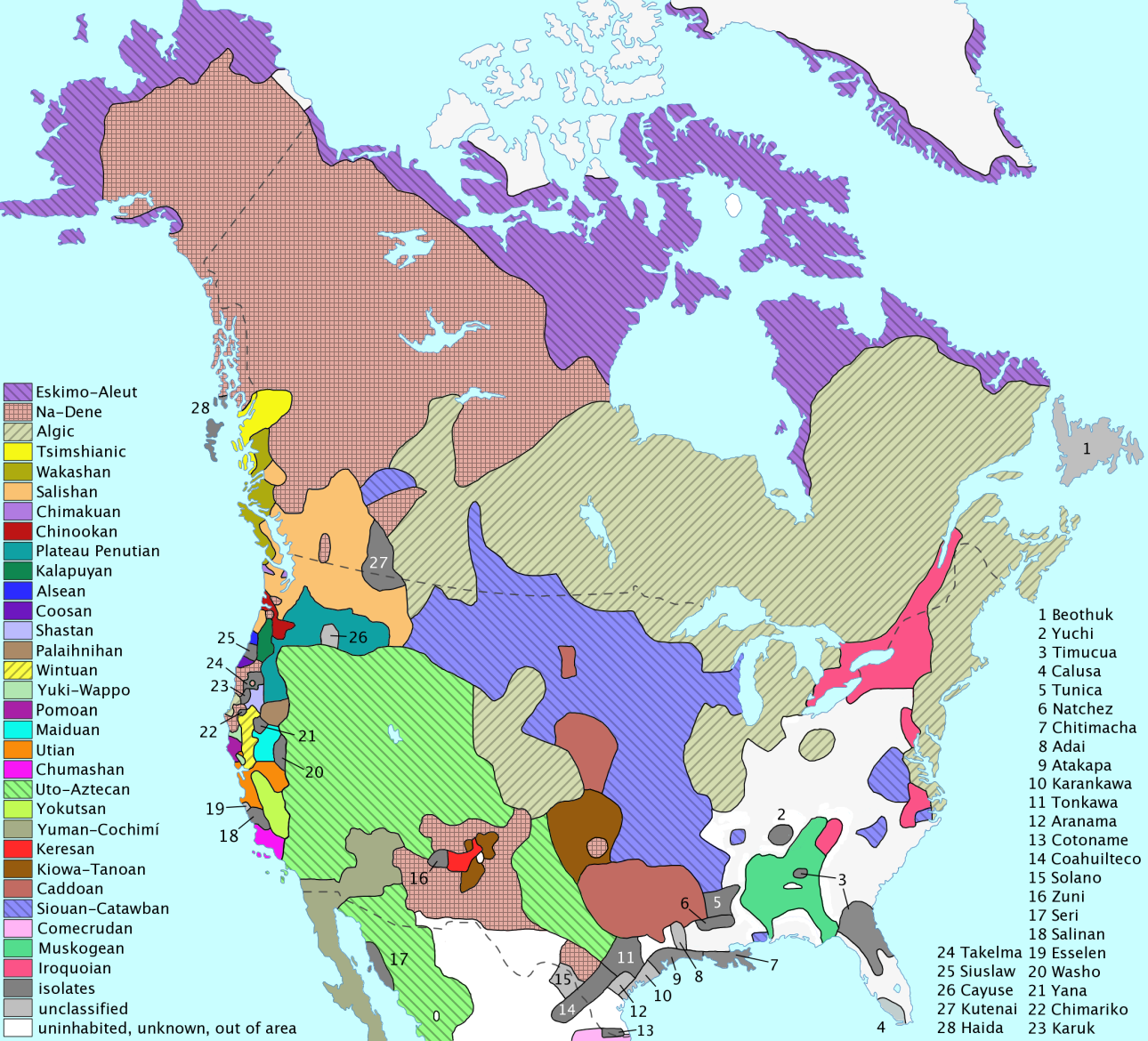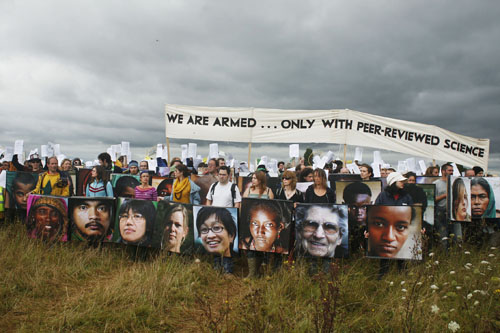10 MORE ways to make your Thanksgiving about Social and Environmental Justice (2020 update)
A lot has changed since my last post about this topic, four years ago. Much has certainly stayed the same, too…sparing you the full recap, suffice it to say that #BlackLivesMatter is now at the center of American political activism, and Leonard Peltier remains in prison. We’re teetering on the cliff of irreversible climate change with every passing hour of business-as-usual. Plus, a pandemic. The imperative to teach Thanksgiving as a holiday and to re-imagine it through anti-racist and decolonial lenses is even more ripe today than it was back in 2016.
Before I offer my updated action list, let me offer some timely big picture perspective: Thanksgiving has always been a holiday centered on healing. Lincoln created it to repair a semblance – even a myth – of healing a divided nation. This year, more than ever, healing is on my mind, and our national fractures run especially deep.
I offer these updated suggestions encourage healing – both personal and communal, in hopes they might go a little way toward improving the world.
Without further ado:
1. Cultivate a practice of gratitude – and ritualize it. Check out the gorgeous Haudenosaunee Thanksgiving Address, for example. Make one up of your own, praising the earth and honoring traditions within your own context, offering the more-than-human world recognition, gratitude, respect, and care. In our family, my Grandma Hanna’s example is illustrative. Hanna escaped the Nazis to come to the U.S., and has a lot of wisdom to share (She’s 100 years old this year. This one’s for you, Gram). Hanna designated a tablecloth as the central focus of our family’s Thanksgiving tradition, back in the early 1980s: after the meal, we wrote on the cloth with permanent markers. The tablecloth, gravy-stained and graffitied, documents the mundane to the sacred, from hand-outlined turkey drawings from when my hand was child-sized, to my now-deceased grandfather’s handwriting, to those holy and joyous years of Chicago Bulls victories. The tablecloth is our family’s material archive of Thanksgiving abundance. In a society based on scarcity, practicing gratitude and recognizing abundance is subversive. Robin Wall Kimmerer writes that gratitude is a powerful medicine. Invite your guests to share their gratitude. Save it – whether on your tablecloth, verbally, or on notes that your guests might write out, and then mail to you to treasure in a gratitude jar that becomes part of your own family’s historical memory.
2. Honor the ancestors who cared for the land upon which you were living, before you ever arrived. Whose land are you occupying as you eat your meal – what peoples worked on it, stewarded it, labored for its well-being? Check out this map to research in advance to acknowledge the peoples upon whose occupied lands you are dwelling upon or visiting. Acknowledge that the lands may have been taken with violent force. Consider how the land, or your own body, may be scarred from that legacy – or by changes just in the past year. Learn to recognize – maybe with this group’s help – that you are the ancestors to future generations. How should you be stewarding these lands you live on to allow your future generations to reflect on your legacy with gratitude?

3. Whether the markets be bull or bear, learn about restructuring society toward an ethos of Degrowth. Doing so might at least lead to conversations that help us get a grip on climate change and realize an ethics of community healing and mutual care. What does a good, bounteous life for all look like to you? Make that question your conversational starting point around your Thanksgiving table. Consider organizing an action in your community to #UnfuckTheWorld. Or, host a #Degrowth day event next year, if these ideas inspire you.
4. Dig into the resources from the Coming to the Table project on reparations. Whether it’s only unjust use of force by law enforcement that you’re concerned about, or the deeper racial inequalities and violence that are on your mind that underpin urban segregation, health disparities, and educational opportunities, this resource offers exercises and resources for your consideration in hopes of fostering a spiritual and emotional preparedness for racial healing.
5. Defend your habitat’s native species, focusing especially on those that may be quickly going extinct. Nick Estes’ brilliant new book about the Standing Rock protests, Our History is the Future, charts some of the deeper legacies of Native genocide and environmental harm. He recounts that even as Thanksgiving became a national holiday, the Oceti Sakowin were under assault:
“From 1865 to 1883, the frontier army sanctioned the mass slaughter of buffalo to shatter the will to resist by eliminating a primary food supply and a close relative … the ‘Indian problem’ was also a ‘buffalo problem,’ and both faced similar extermination processes, as much connected in death as they were in life. The destruction of one required the destruction of the other.”
The native pollinators of North America are, arguably, the buffalo of today. They are declining at precipitous rates. In their honor, this Thanksgiving, add some pollinator-friendly habitat to your garden, join the Great Sunflower Project as a citizen-scientist, do a tree-planting, or build a small native bee hotel (note: don’t buy one, really!).
6. Honor history by opting for heirloom varieties of foods – and start saving and sharing seeds, yourself. The Kwakwaka’wakw potlatch tradition celebrates gift-giving. The teaching of the potlatch is that that the community’s richest and most powerful person is the one who is the most generous. The potlatch ceremony was so threatening it was banned in Canada from 1885-1951. In the spirit of revitalizing this beautiful tradition, you might give seeds as gifts to your guests and support the Slow Food Movement, or invite a sharing of seeds through snail mail, if you’re doing a virtual meal. If you’re a procrastinator, save some of the seeds from your meal’s vegetables as you cook the meal, for later planting in the spring.
7. Don’t stop being politically active. The election’s over. (Well, hopefully… I am writing this on October 4, 2020!) If you sent out postcards or took to the streets in October, keep it coming in November, December, and January. Political engagement is the only way that democracy can be restored and strengthened. Engage.
a. Call your Congress-people, state and federal.
b. Write op-eds about the issues closest to your heart, and your experience.
c. Run for the local school board, or to fill a vacancy on your local planning commission, or for state office. Especially if you are a woman or a person of color, it’s likely that you’re under-represented in those spheres.
d. Divest and reinvest your financial portfolio. Put your money where your mouth is, in terms of climate change activism, or resisting the war machine.

8. Make Thanksgiving about food justice, not just food.
a. Support the great work of Farmworker Justice , and/or Interfaith Worker Justice.
b. Make ethical menu choices: whether forgoing the turkey this year, or just having a more plant-based menu than previously, you can start proving to yourself that better eating also feels better in your body, and it’s the right choice to make by the planet, too. Challenge yourself to make a meal that is delicious and vegan. Or, make a meal that’s entirely sourced from local farms, within 100 miles of your home. Or, a meal that is entirely organic, or organic and fair-trade. Or, just try to make a meal that historically matches what the legendary first Thanksgiving meal would have entailed (hint: start hunting, fishing, gathering, and preserving; your menu will have to be sugar, flour, and mostly butter-free. Venison stew with corn mush and a side of mussels, with berries for dessert, anyone?)
9. Share stories and art for social change.
a. If you want to be an ally for racial justice and you’re White, now’s a good time to engage in telling the story of your people’s current racial politics. Why is it that the White majority of Americans have not supported the Democratic party since the signing of the Civil Rights Act? What is the underpinning insight into the White community that you can offer insight into, in hopes of inspiring change? Calling all story-tellers, podcasters, documentary-makers, reporters, and writers.
b. Focus on climate change. It can’t be avoided: the reality of climate change is literally in the smoke-filled air, and beating down our doors with the ever-increasingly severe hurricanes and storms upon us. A climate change clock in Union Square, New York City, is counting down the 7-year window of the Earth’s remaining carbon dioxide budget, at which point our world will have reached the 1.5 degree Celsius tipping point of irreversible planetary damage. We can’t bury our heads in the sand. We need our consciences to be rattled into action. Pick up your pen. Start writing: letters to Congress, op-eds, short stories, cartoons, and prayers.
10. Build up your skill set by teaching, sharing, and learning with your neighbors. Contrary to the myth of rugged individualism that runs deep in our nation, Thanksgiving teaches us about how generosity and inter-dependence makes us stronger. The colonial settlers didn’t have a lot of the skills they needed when they came to a new land; they needed to rely on others, often times on peoples very different from them. To that end, this Thanksgiving, consider offering a skill share as part of your pre- or post-meal celebrations. Whether you’re learning to make an herbal salve, sewing a face mask by hand, recording a new YouTube video about home repair, or learning a new language, asking for help from someone nearby who has a skill you want to learn, or just borrowing a tool from a neighbor, can be a great way to foster connections and community.
In 2018, the Washington Examiner decried my 2016 blog post as part of the anti-capitalist and anti-racist turn on college campuses: “Red alert!” I’m not surprised that so much of White America wants to entrench Thanksgiving as just being about turkey, the beginning of the Christmas season, and football. I’m not surprised that anti-racism and decolonial education appears threatening. This reaction is classic White fragility. If you feel concerned or threatened by any of what I’ve written above, you may well be experiencing an instance of White fragility. If so, breathe. Stop and check what sorts of privileges you experience that any of the above might call into question.
The last list I wrote wasn’t exhaustive, and this one isn’t, either. 2020 has been a wreck, there’s more work than ever to do. All the more reason why the time to change is now. We continue to be the ones we’ve been waiting for. May your Thanksgiving this year be abundant, and may it also provoke healing, learning, and repair in this broken world.